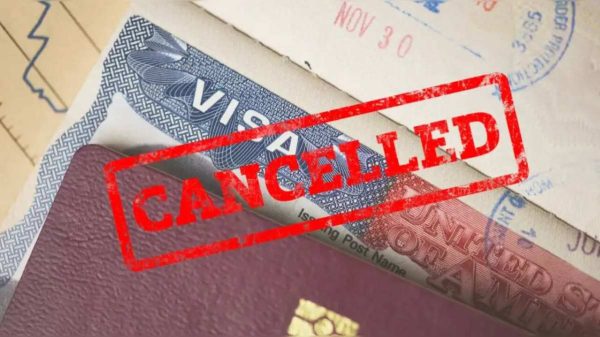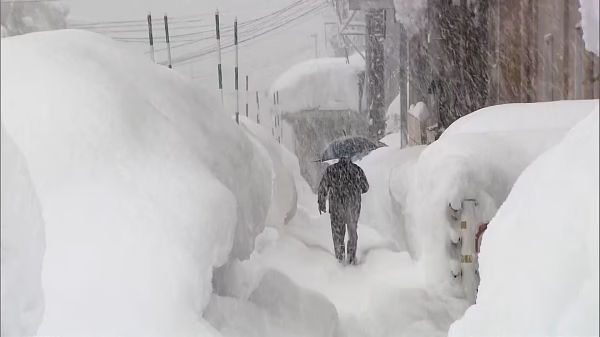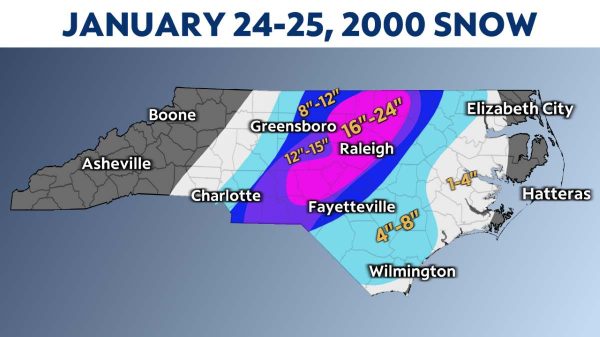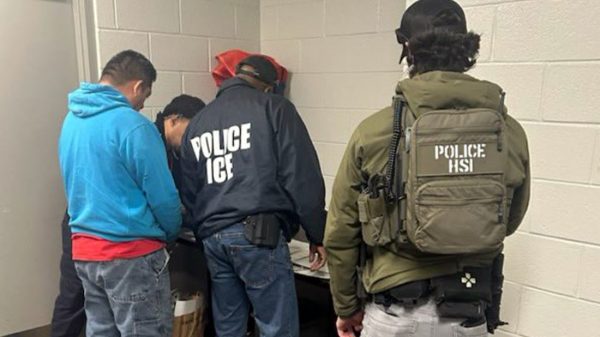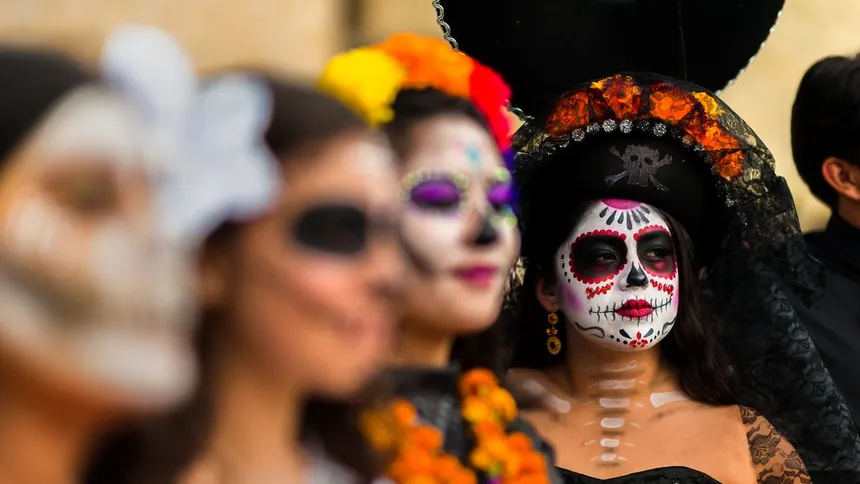In the state of Oaxaca, Mexico, the Day of the Dead, also known as El Dia de los Muertos, is a time-honored tradition that has been deeply rooted in the community for centuries. It is a celebration of life, rather than death, where families come together to honor their dearly departed loved ones with vigils and altars. The celebration is not just a ritual, but a way to connect with the past, preserve the culture of their ancestors, and remember the loved ones who have passed away.
The Day of the Dead is a unique and vibrant celebration in Oaxaca, where the dry season that begins in October and November is also a time of renewal and rebirth. As Victor Cata, the local secretary of culture, explains, “The land languishes, but it is also being reborn, so there is this thought that the dead return to enjoy what they loved in life.”
The traditions of the Day of the Dead are passed down from generation to generation, with families setting up elaborate altars in their homes and decorating graves in cemeteries with fresh flowers, candles, and other offerings. The celebration is a time for families to come together, share stories, and honor their ancestors who have come before them.
For the people of Oaxaca, the Day of the Dead is not just a remembrance of the dead, but a celebration of life, love, and community. As Ana Martinez, a 41-year-old Oaxacan woman, explains, “We preserve the culture of our ancestors and that is why we make our altars.” For her, the Day of the Dead is a time to connect with her own family history and cultural heritage.
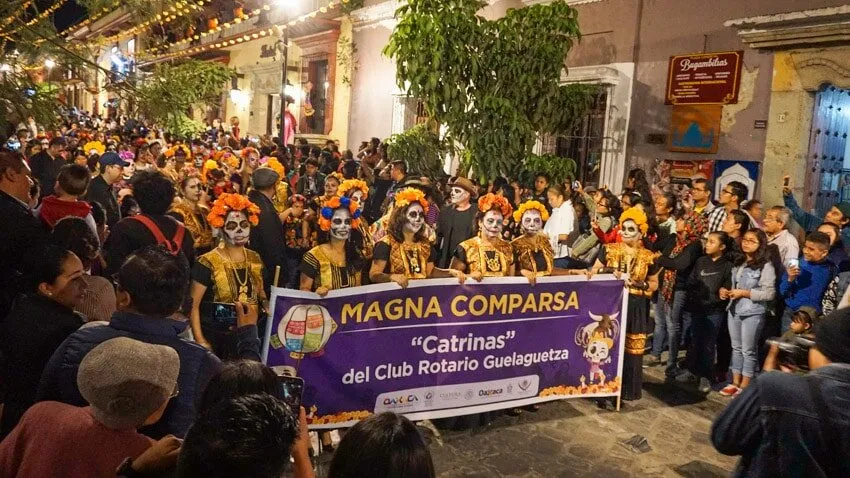
El Dia de los Muertos
In Oaxaca, the celebration varies among the 16 indigenous groups and the Afro-descendant community, each with their own unique traditions and customs. However, despite these differences, there is a shared understanding and respect for the ancient knowledge and traditions that relate to the land.
As the night wears on, families gather at the cemetery, lighting candles and visiting the graves of their loved ones. For many, the Day of the Dead is a time to reconnect with the past and honor the memories of their ancestors. As Felipe Juarez, a 67-year-old Oaxacan man, says, “On the day we die, we will meet them again. We will reach that place where they have come to rest.”
For the people of Oaxaca, the Day of the Dead is a celebration that is deeply rooted in their culture, history, and identity. It is a celebration that transcends the individual and connects people to their family, community, and ancestors. As Maria Martínez, a 58-year-old Oaxacan woman, says, “I do feel that they are returning today, but I also think they are with us daily, not just on this date.”
The Day of the Dead is a celebration that is both a remembrance of the past and a celebration of life. It is a time for families to come together, honor their loved ones, and connect with their cultural heritage. For the people of Oaxaca, it is a celebration that is an integral part of who they are and where they come from.


